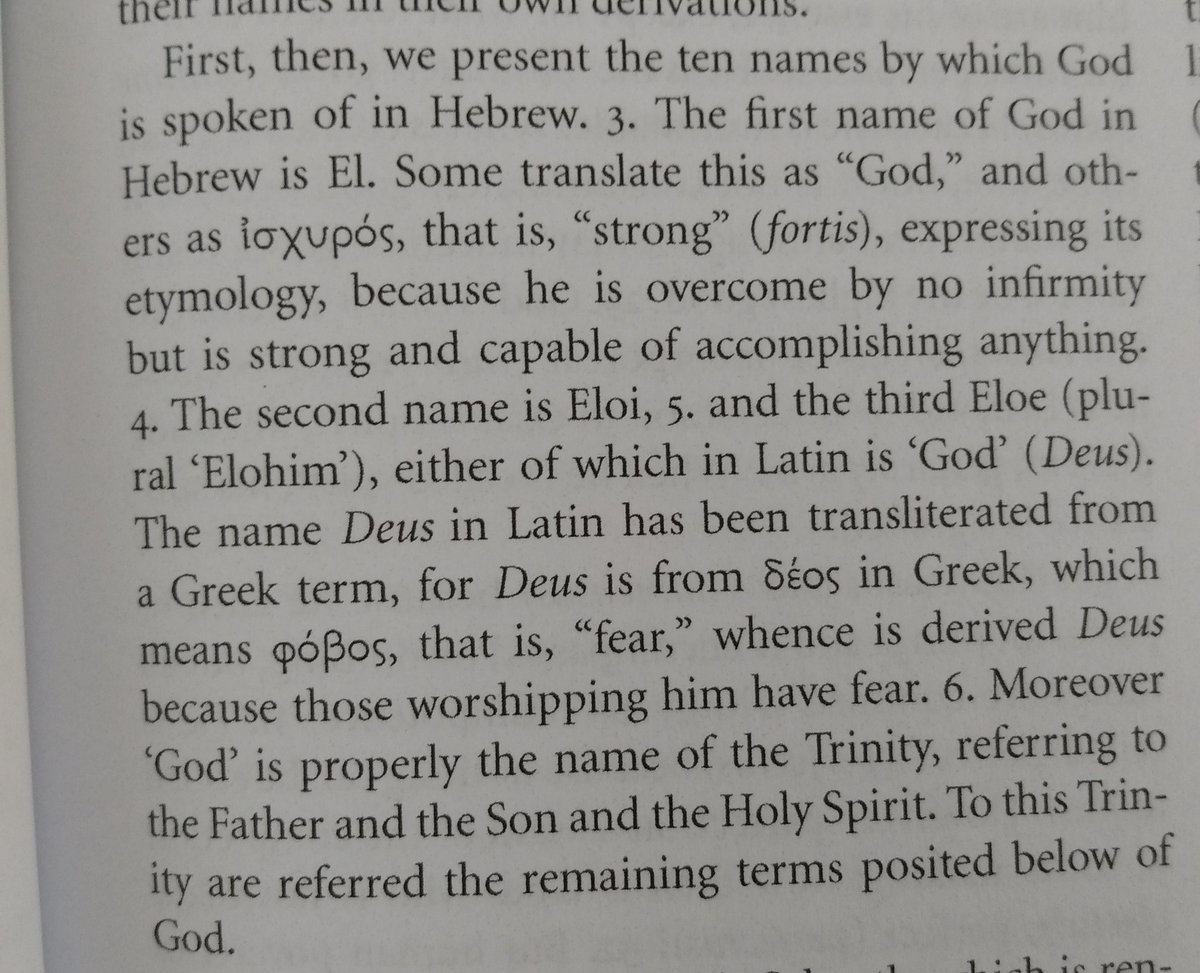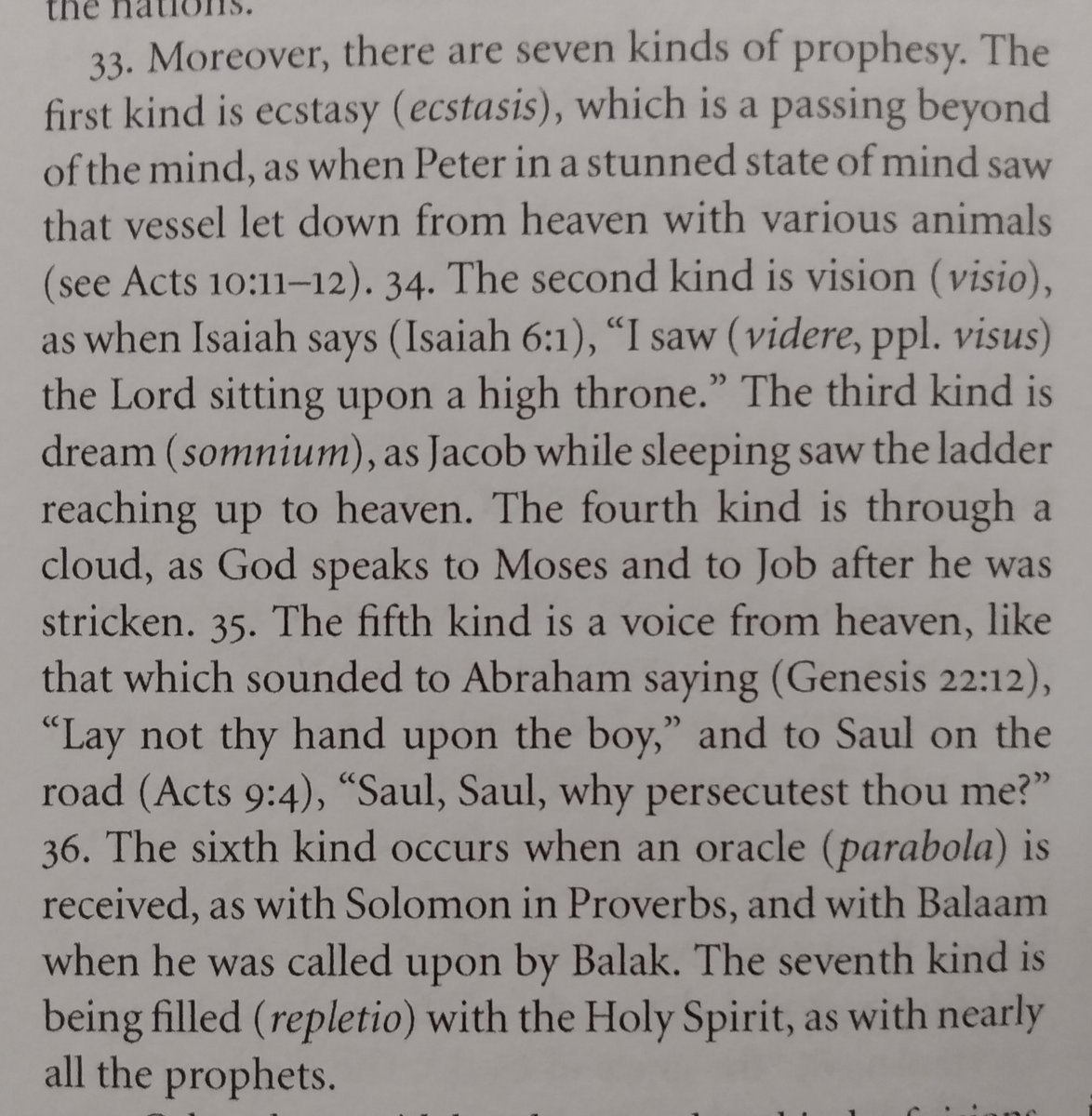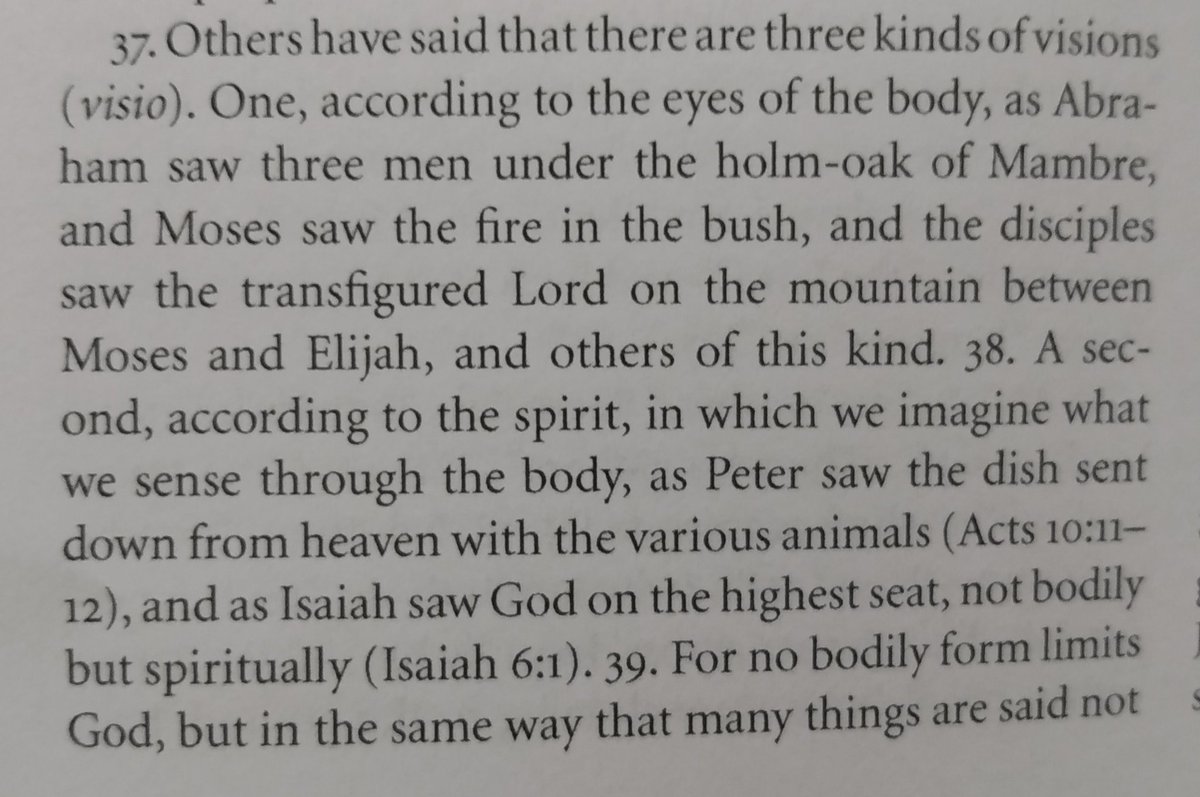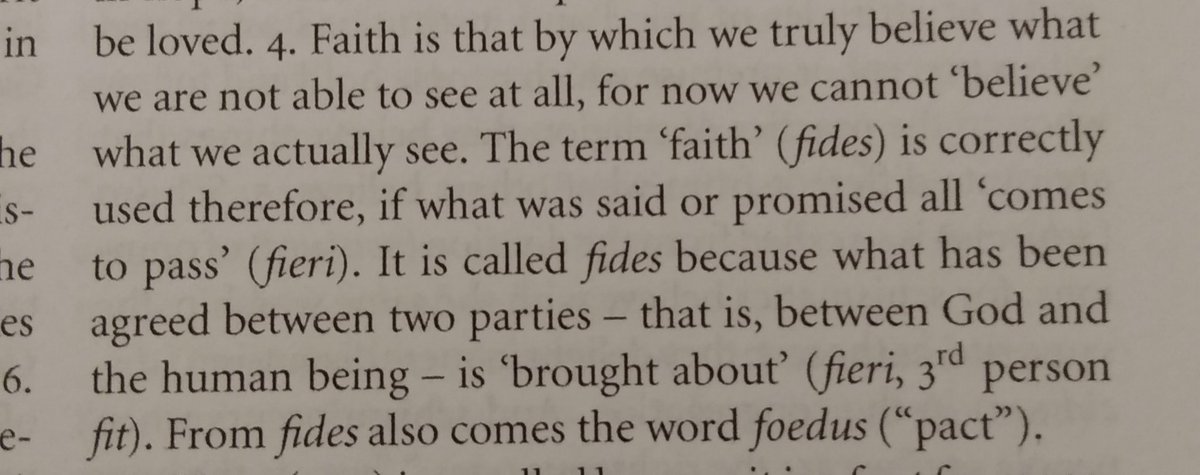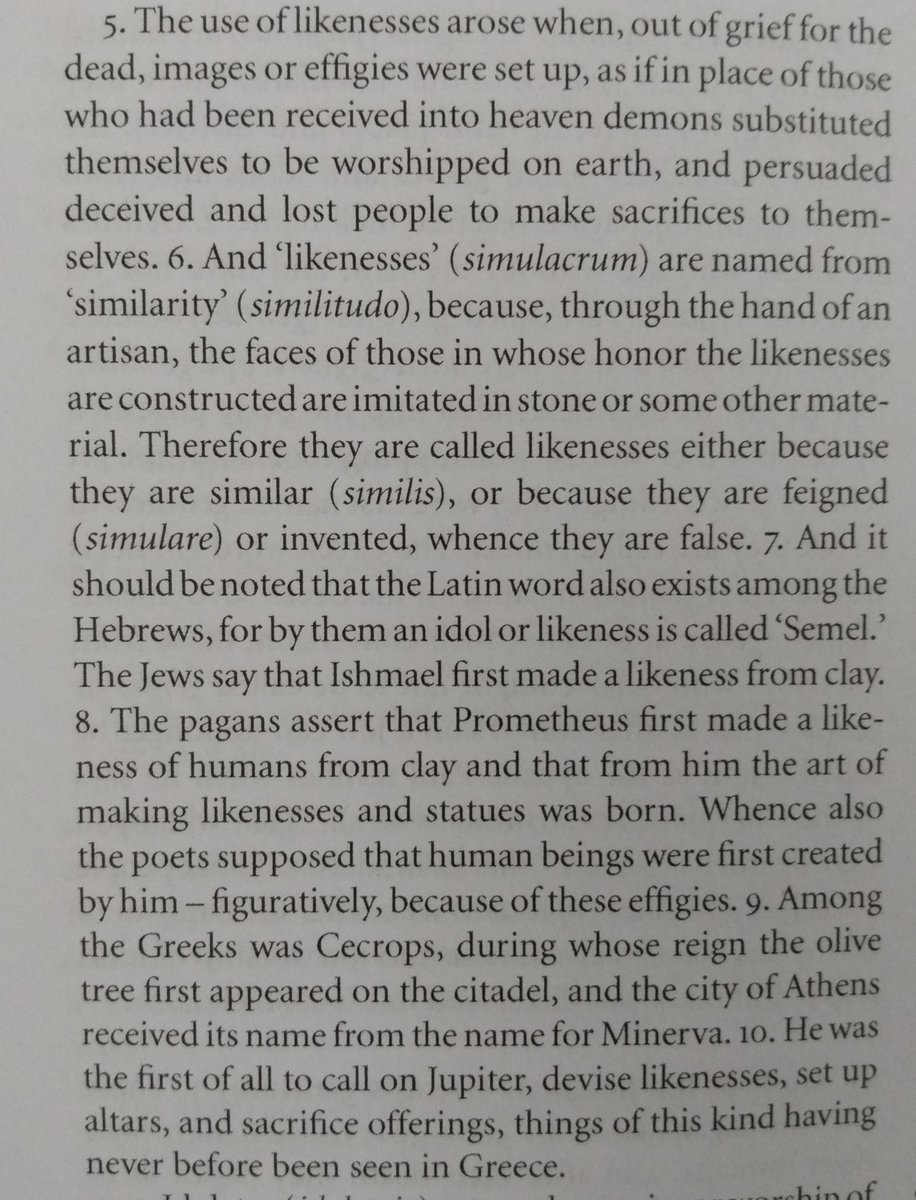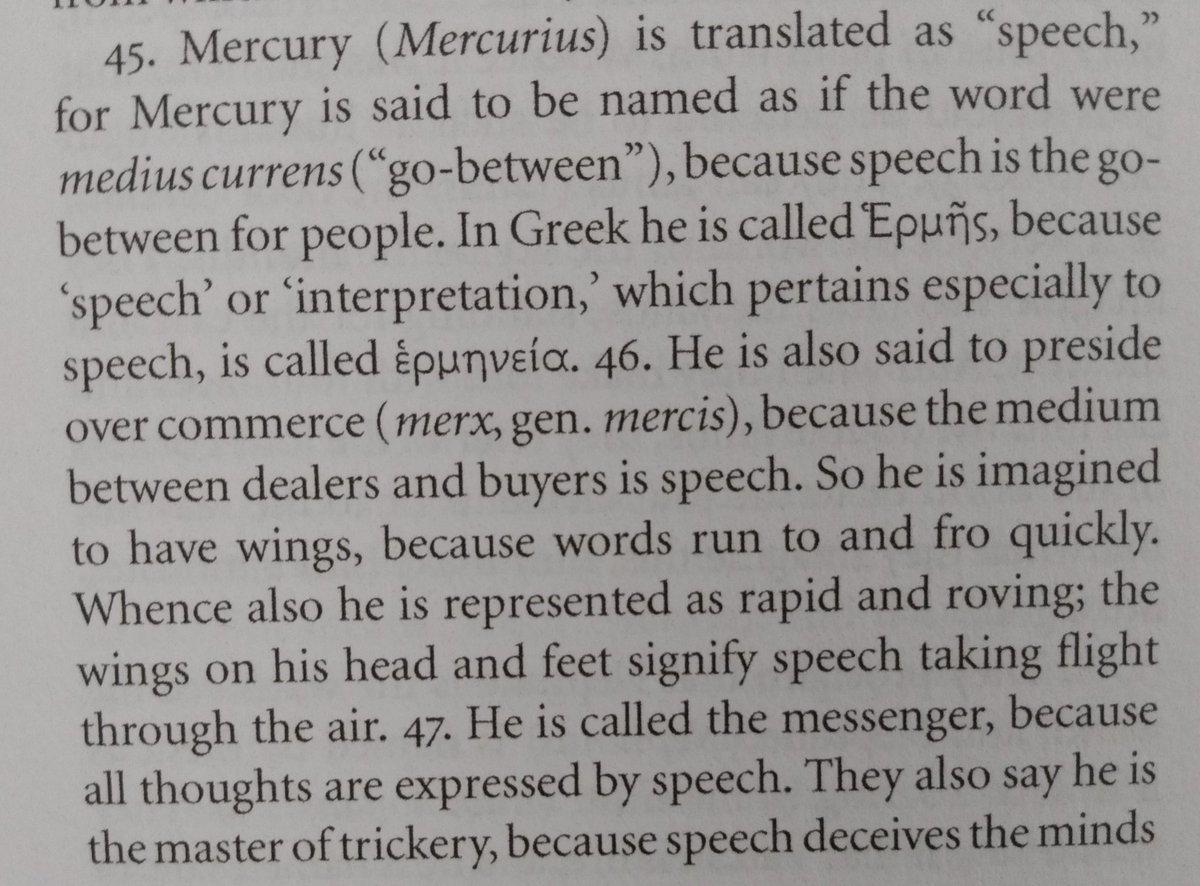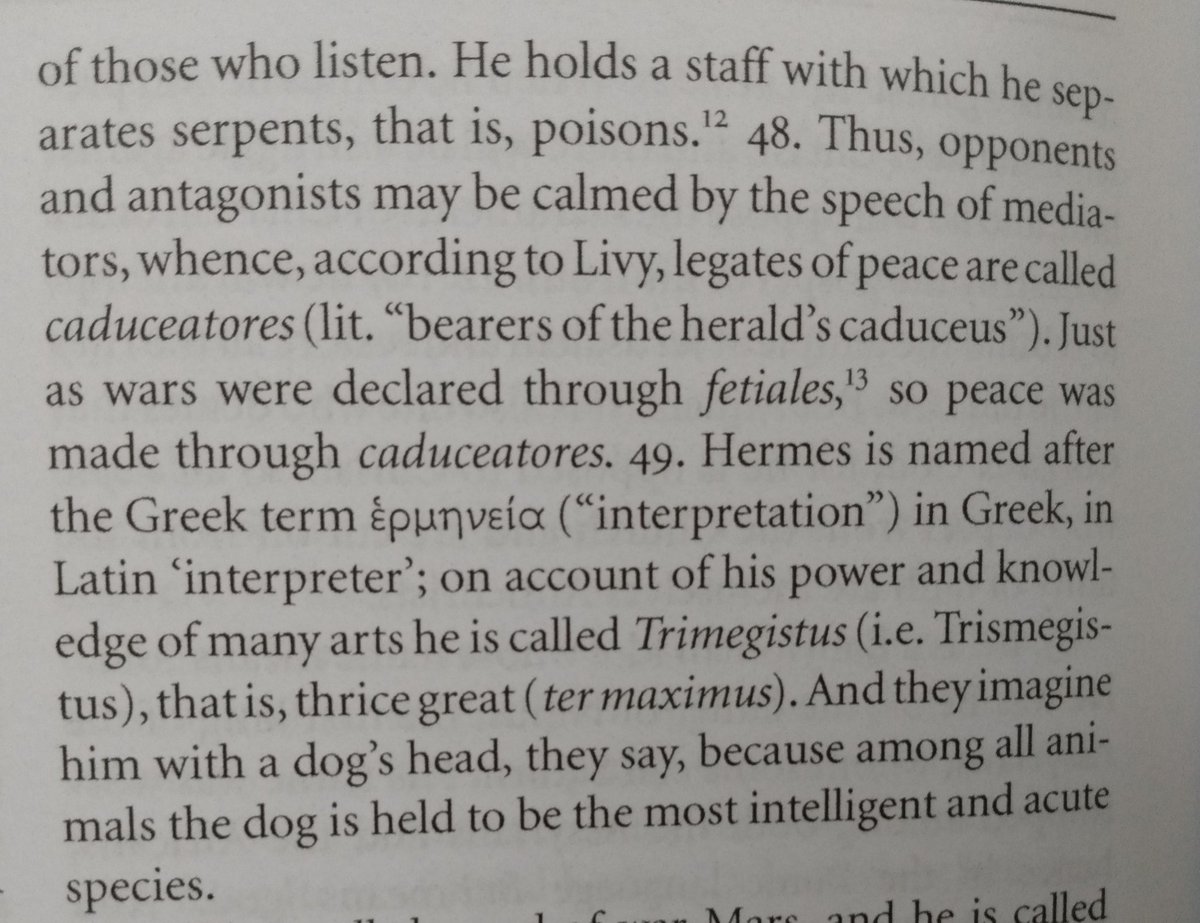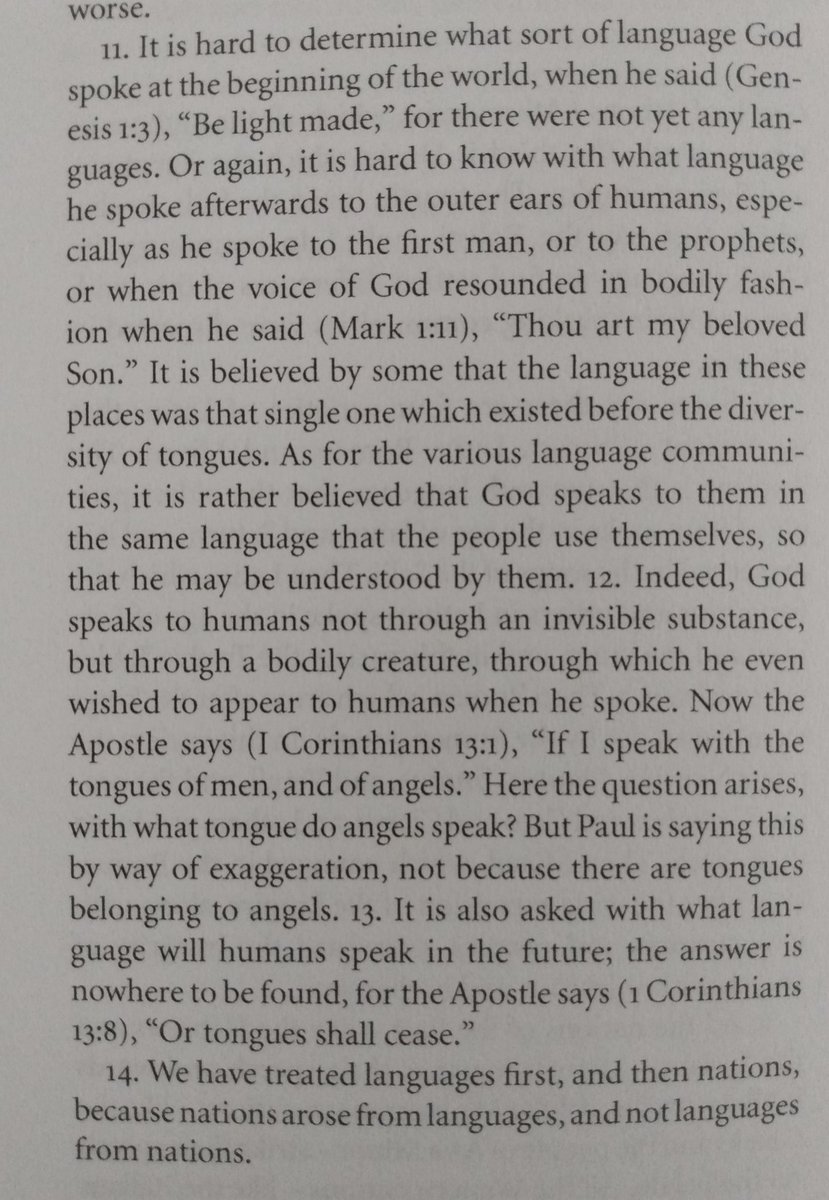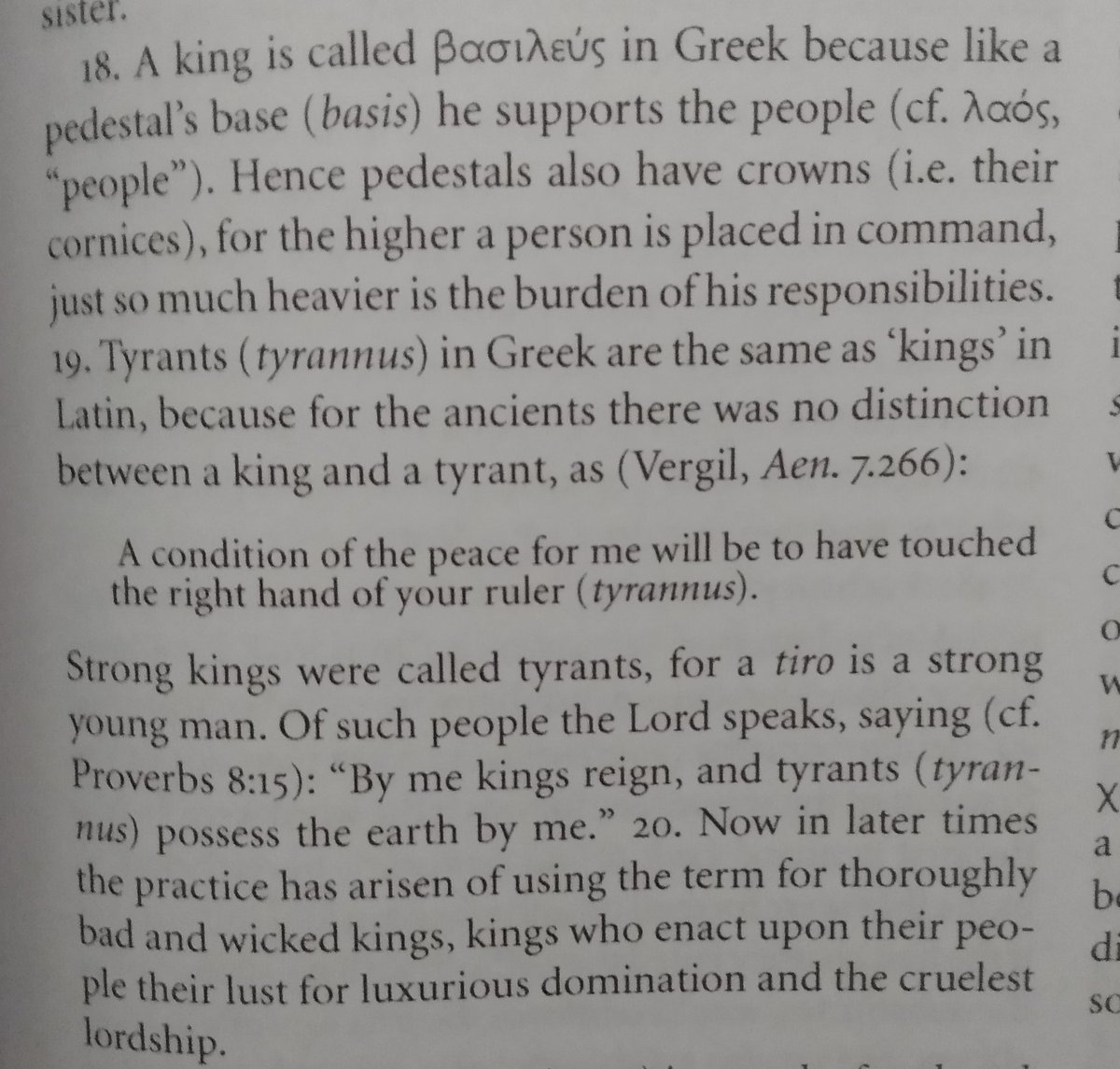Starting in on Isidore's Etymologies; already worth it, the preface translates this bibliographic poem, perhaps written on the walls of the cathedral library in Seville
"Discipline" v. "art"
Will add excerpts to this thread as I find them noteworthy
Yes I am planning to read a 7th century encyclopedia cover to cover why do you ask
Will add excerpts to this thread as I find them noteworthy
Yes I am planning to read a 7th century encyclopedia cover to cover why do you ask
Moving on to poetic meters, Isidore insists the Hebrews were first in many of them: Moses invented heroic meter, David the hymn, Solomon the epithalamium, Jeremiah the threnody.
Book I closes by distinguishing fable & history. This closes out the topic of "grammar"
Book I closes by distinguishing fable & history. This closes out the topic of "grammar"
The rest of Book II summarizes various philosophical texts, eg Porphyry, Aristotle's Categories and De interpretatione. "When he was writing De interpretatione, Aristotle dipped his own into his mind."
Into book III. Not sure I totally follow the connection between geometry & the Nile river flooding. (Unsurprisingly, book III is the least exciting so far; it's basically a mathematics primer for 12 year olds.)
The etymology of music. "Unless sounds are held by the memory of man, they perish, because they cannot be written down"
"So it is that without music, no other discipline can be perfected. Indeed, it is said that the universe itself is composed from a certain harmony of sounds"
On to the last of the liberal arts, astronomy. The etymology for "heaven" doesn't work in English at all. That for "sky" kind of does- "sky"~"scape"
Book IV on medicine mildly interesting throughout but rarely noteworthy; the conclusion is intriguing though: medicine is second philosophy (I don't buy it, ftr)
Laws, resolutions, decrees, edicts, responses. Obviously he's getting this from republican Rome but the that's 650 years out of date, giving these passages a rather piquant flavor
Wish we did this instead of calling them "omnibuses"
"Have you seen what they tacked onto the satire bill at the last minute?!" &c
"Have you seen what they tacked onto the satire bill at the last minute?!" &c
Some fascinating wordplay around the property law, and intertwining of legal and moral concepts. Was not expecting "Whoever is held by greed is the possessed, not the possessor"!
That's it for tonight
That's it for tonight
Legal instruments, property, crimes, punishments...
- "slave"~"save" works in English too, kind of
- "the sword understands" is striking, I wonder if it's an artifact of translation
- "slave"~"save" works in English too, kind of
- "the sword understands" is striking, I wonder if it's an artifact of translation
First part of Book VI summarizes the Bible; second part goes into library science, including this advice re: interior decorating
"codex"~"trunk" doesn't work in English; "volume"~"[re]volve" does. And apparently is endorsed by modern-day etymologists!
Now into the liturgical calendar. Isidore is usually happy to embrace multiple incommensurable etymologies, so it's interesting that he explicitly rejects the "pascha"~"paschein [=suffering]" derivation. Is there a theological point being made here?
7 varieties of prophecy: ecstasy, vision, dream, cloud, voice, oracle, inspiration
3 varieties of vision: bodily senses, imagination, insight
3 varieties of vision: bodily senses, imagination, insight
Book VIII: the Church and sects
The definition of "faith'. Checkmate analytics (cc: @SalisburyJohnof)
The definition of "faith'. Checkmate analytics (cc: @SalisburyJohnof)
Book IX: languages, nations, reigns, military, citizens, families
This description of the sounds different languages make is, well, not wrong
This description of the sounds different languages make is, well, not wrong
A lot going on here. Gotta love how confident he is that angels do not speak and that, at the end of time, neither will we.
Why why why would you translate "rex" in this paragraph as "king" instead of "ruler"??? Use "ruler" and all the etymologies make sense!

 Read on Twitter
Read on Twitter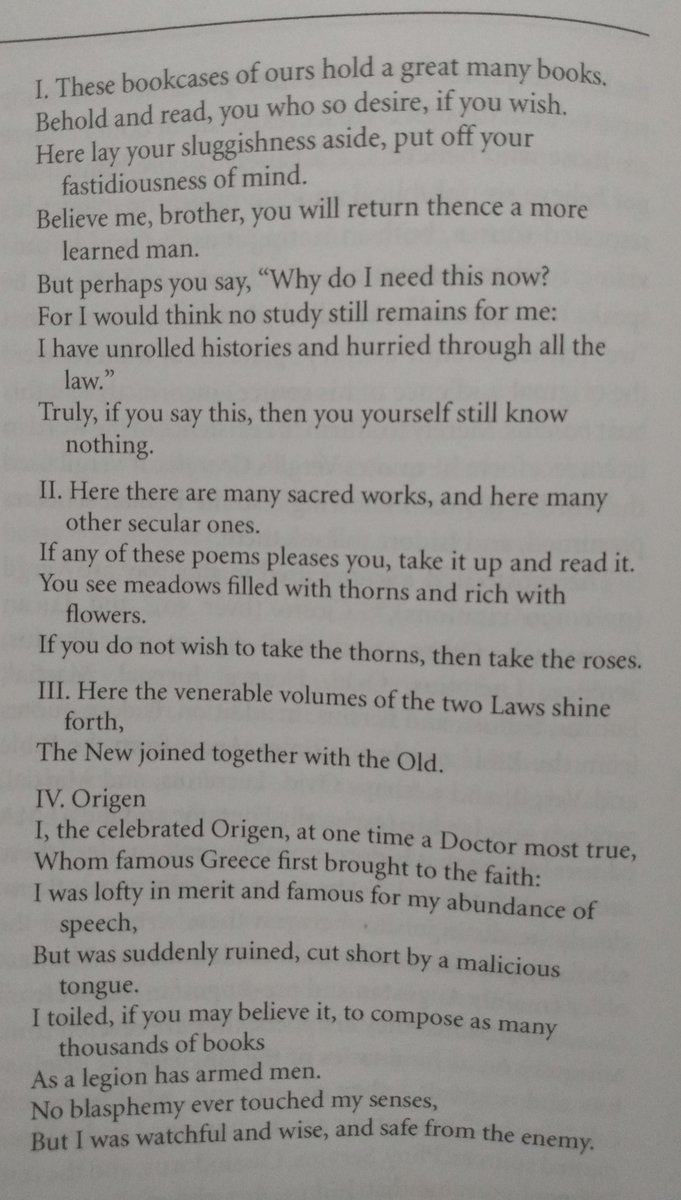


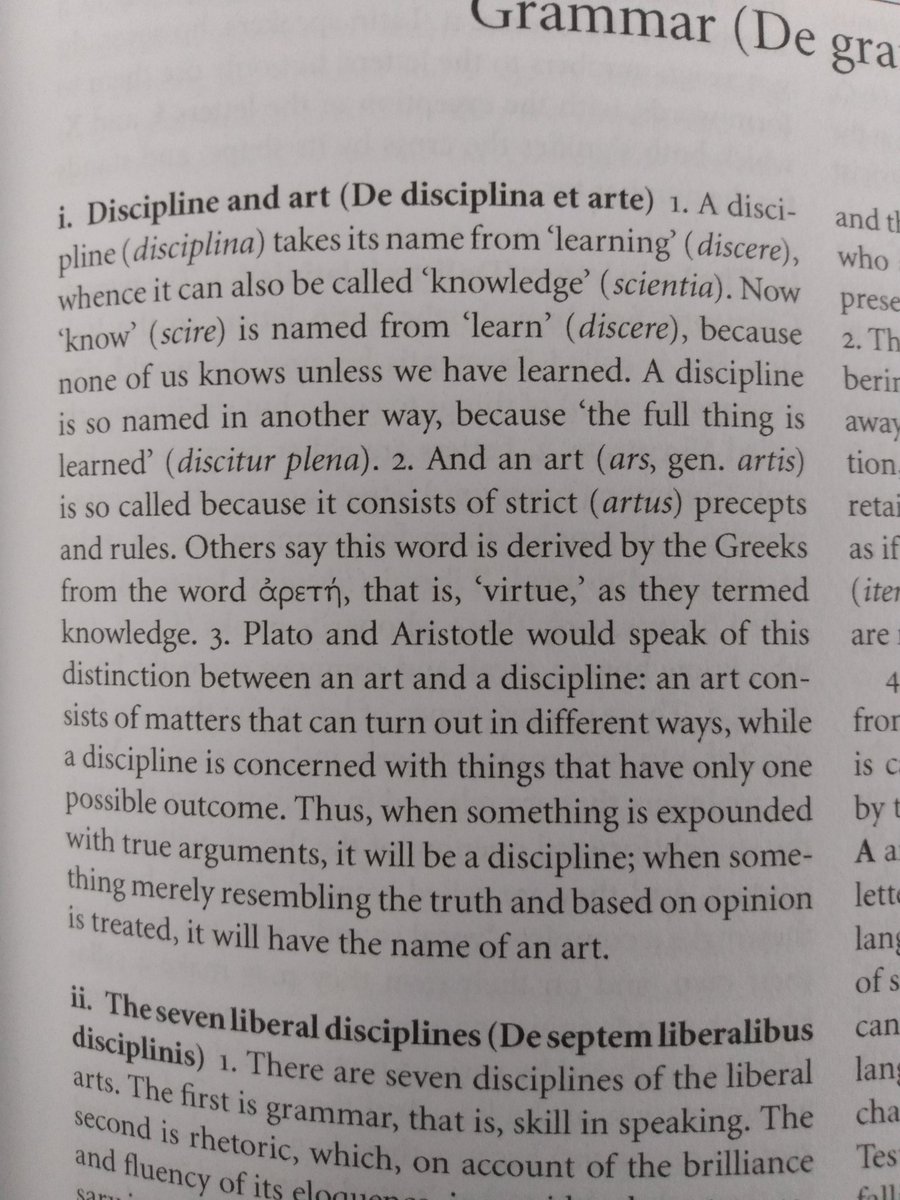
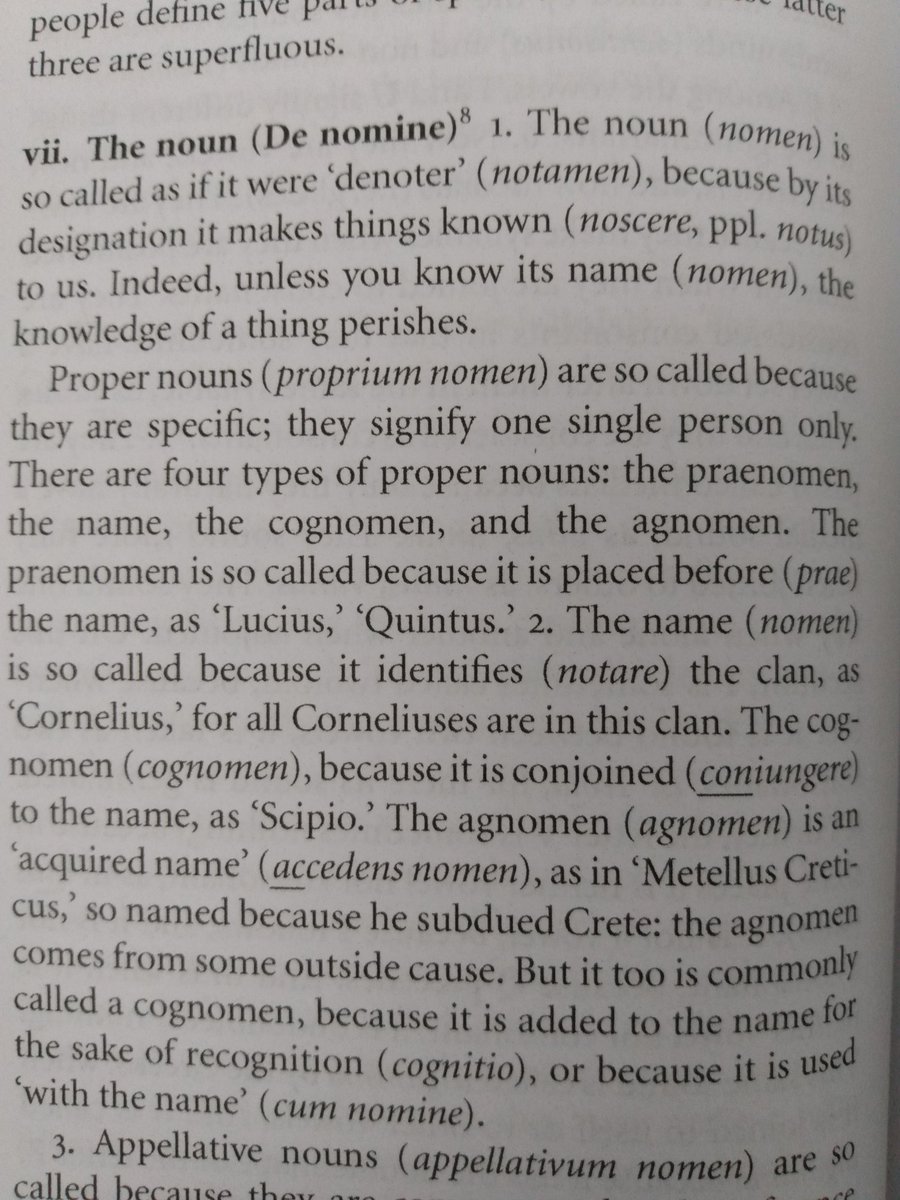
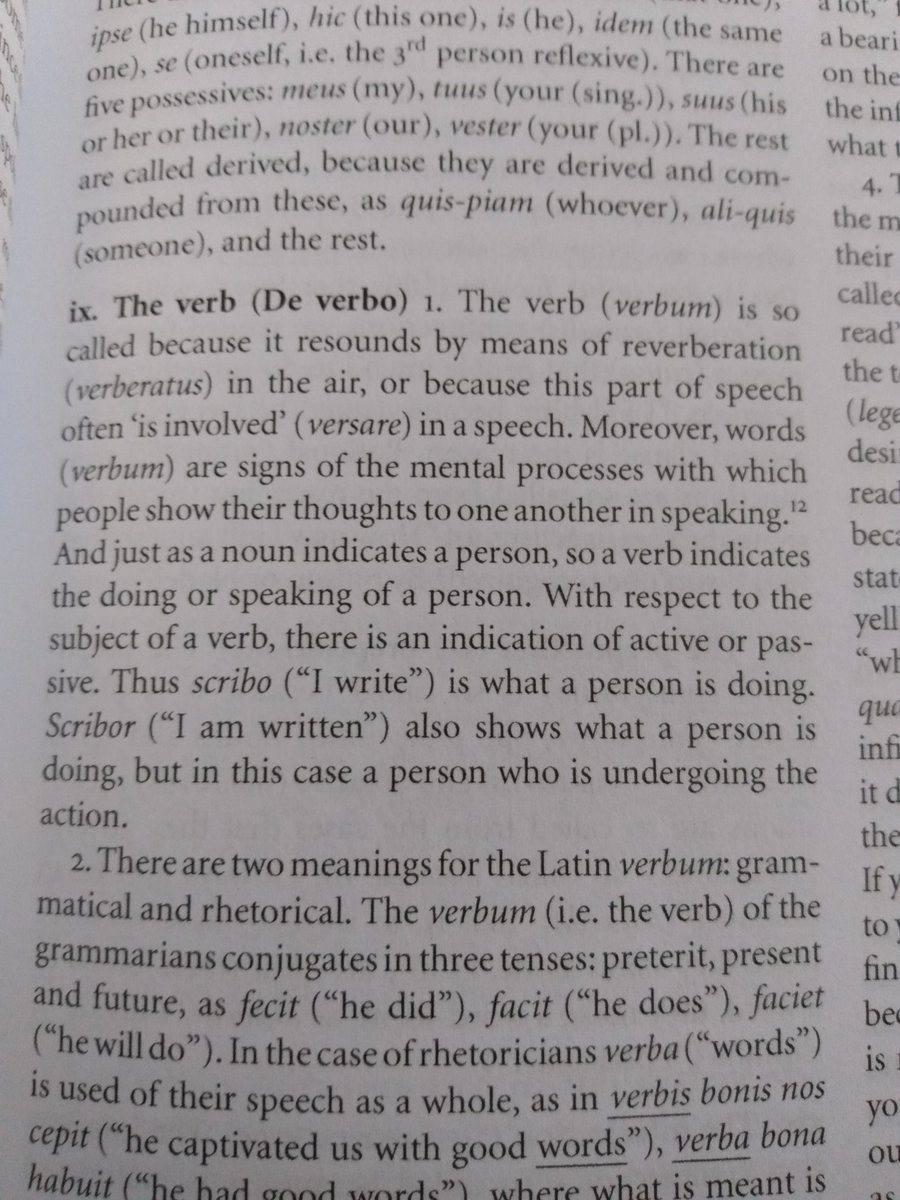
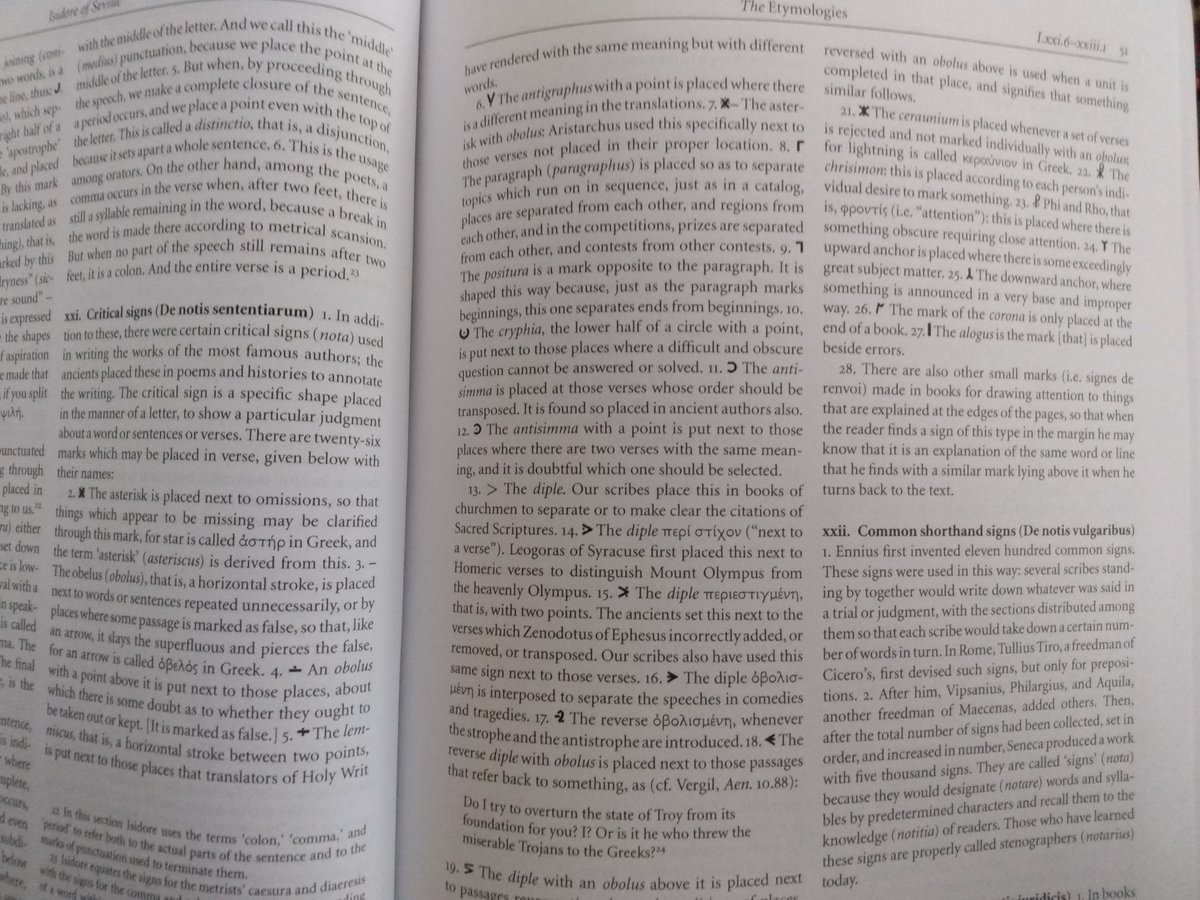

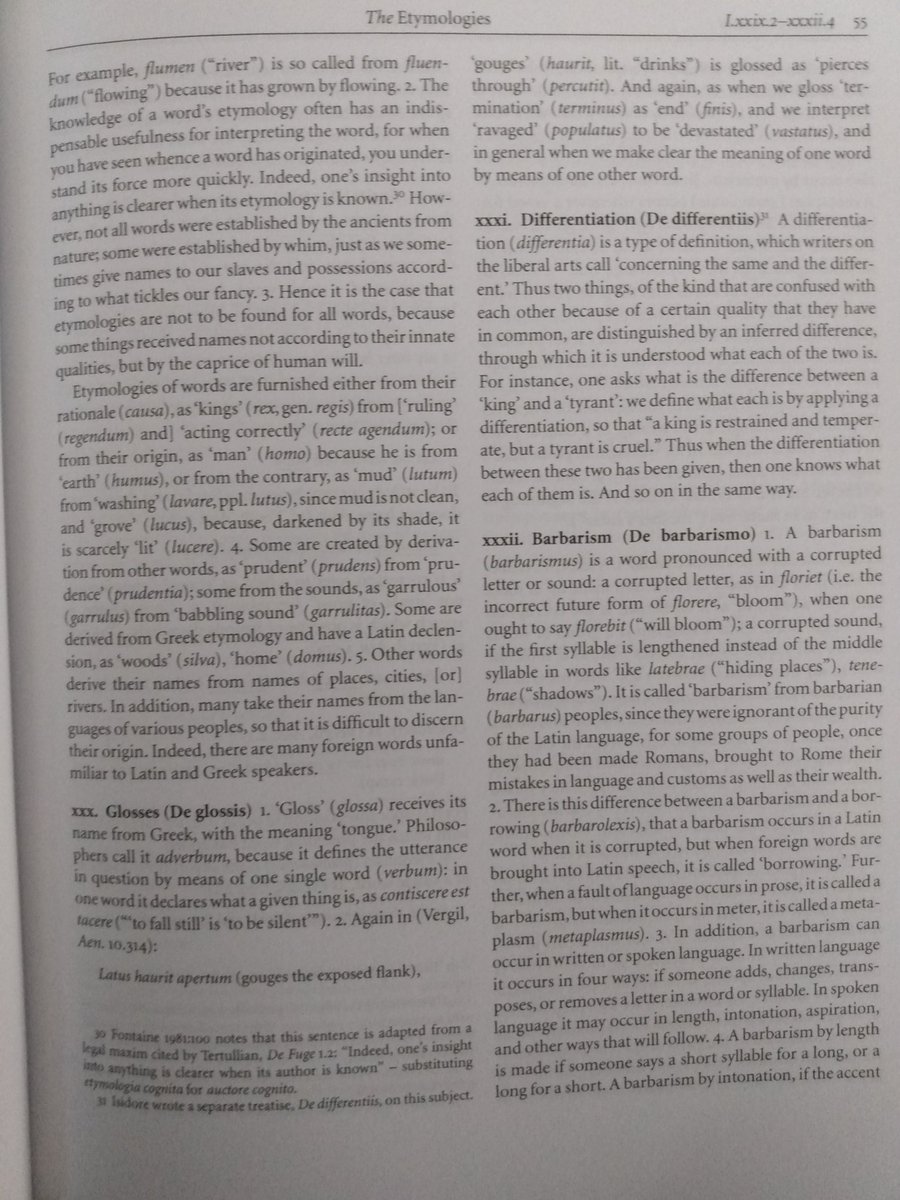
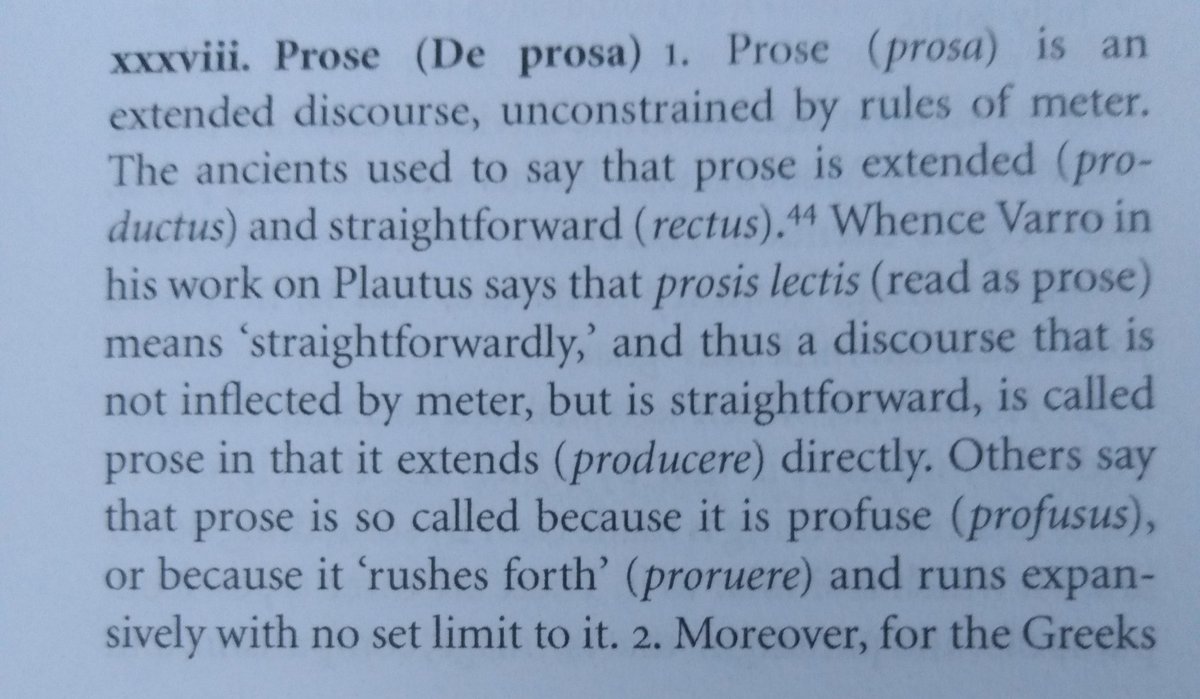
![And of "meter" (measured); "verse" (inverted); "song [carmen]" (bc the singers are crazy?) And of "meter" (measured); "verse" (inverted); "song [carmen]" (bc the singers are crazy?)](https://pbs.twimg.com/media/ErTrkr0WMAAo_bB.jpg)


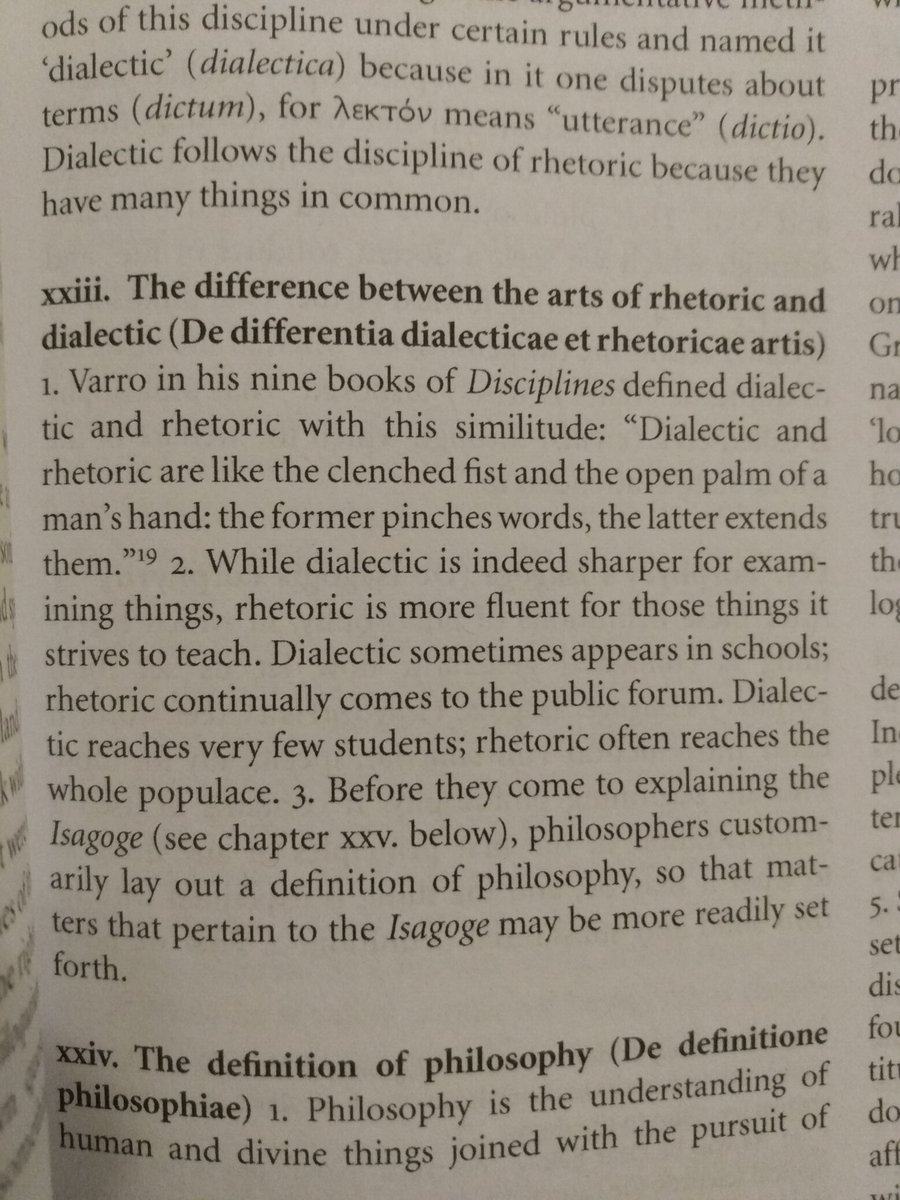

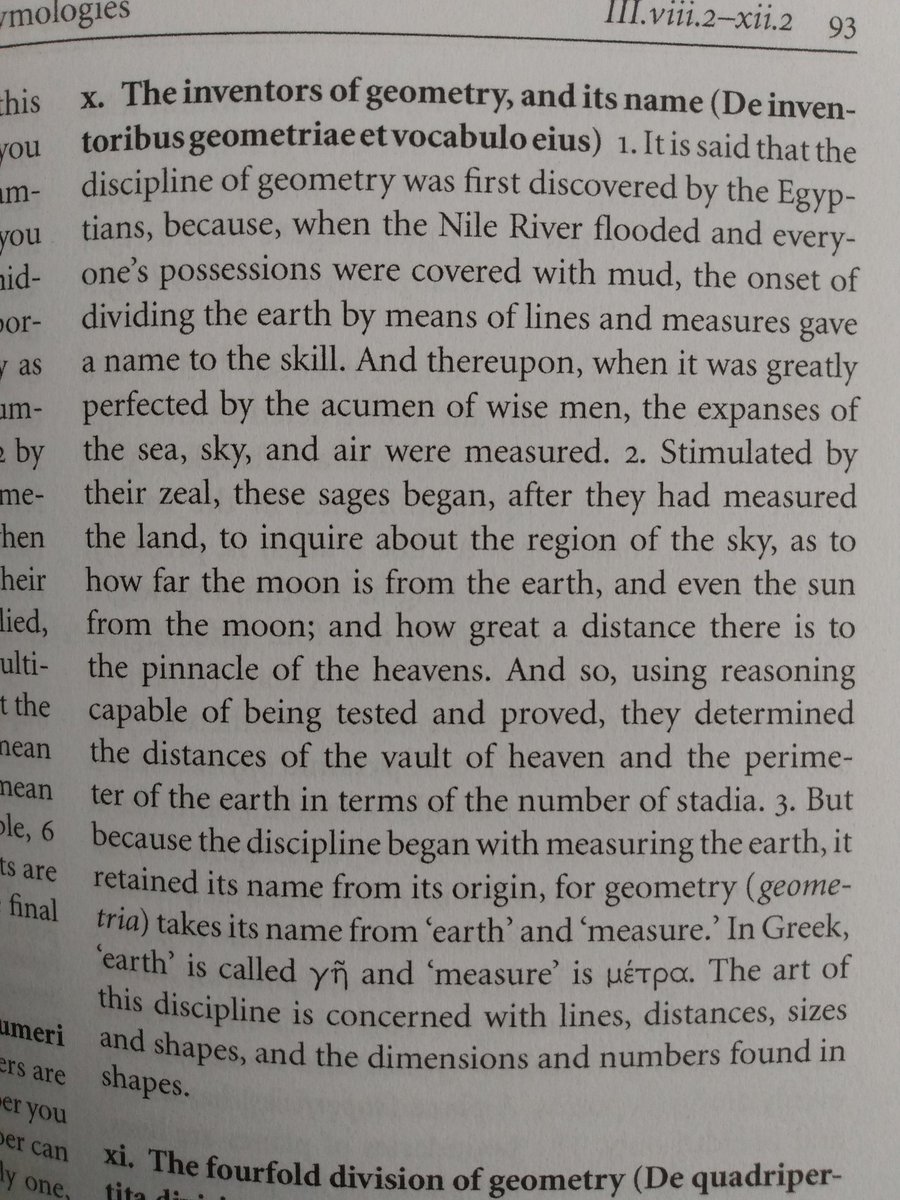
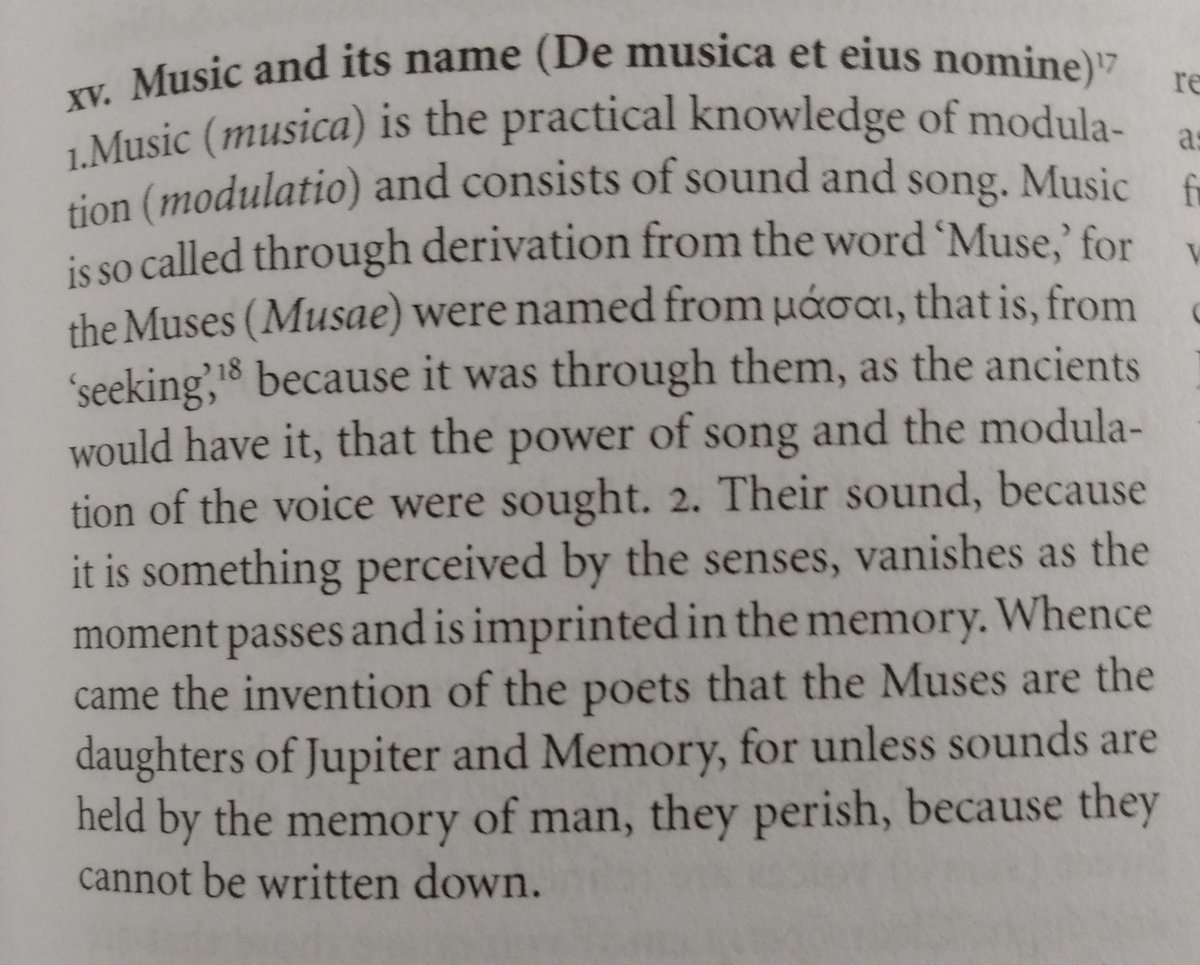
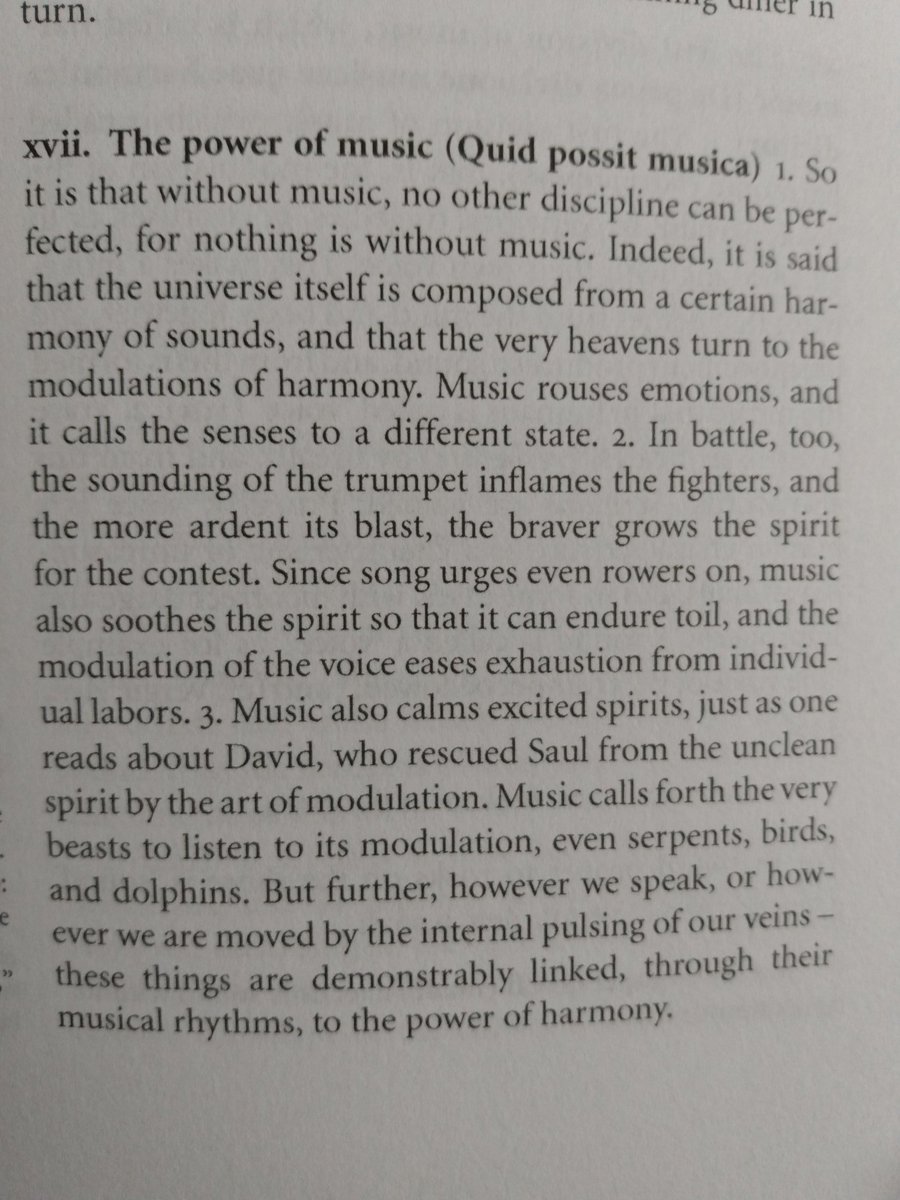
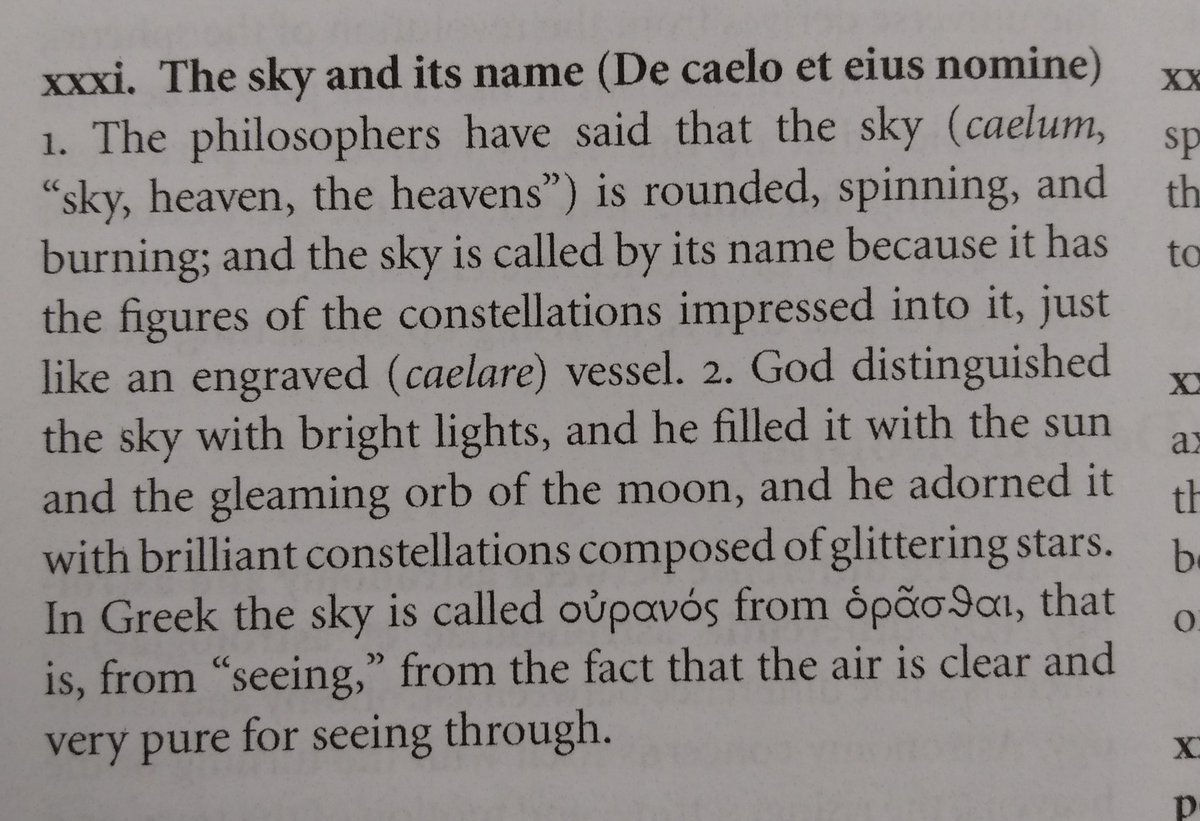

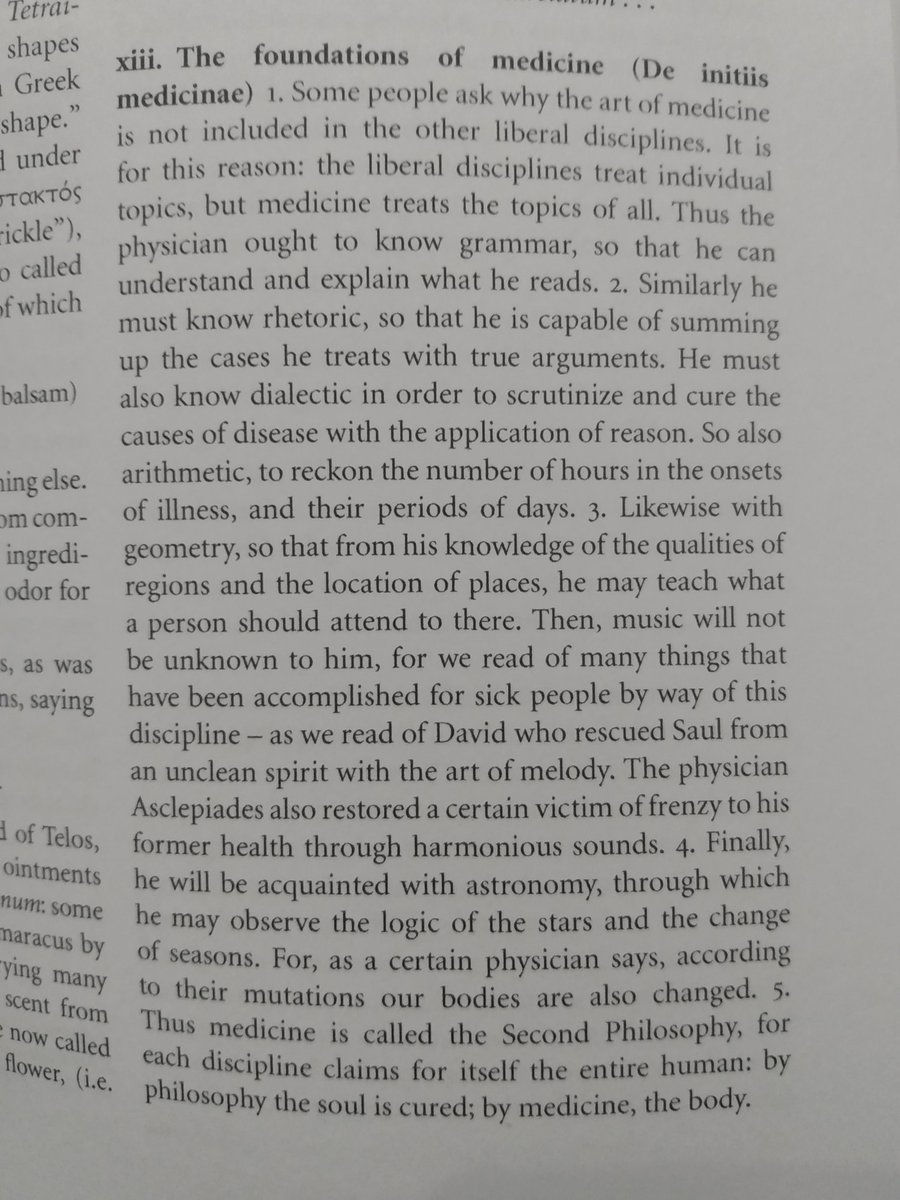
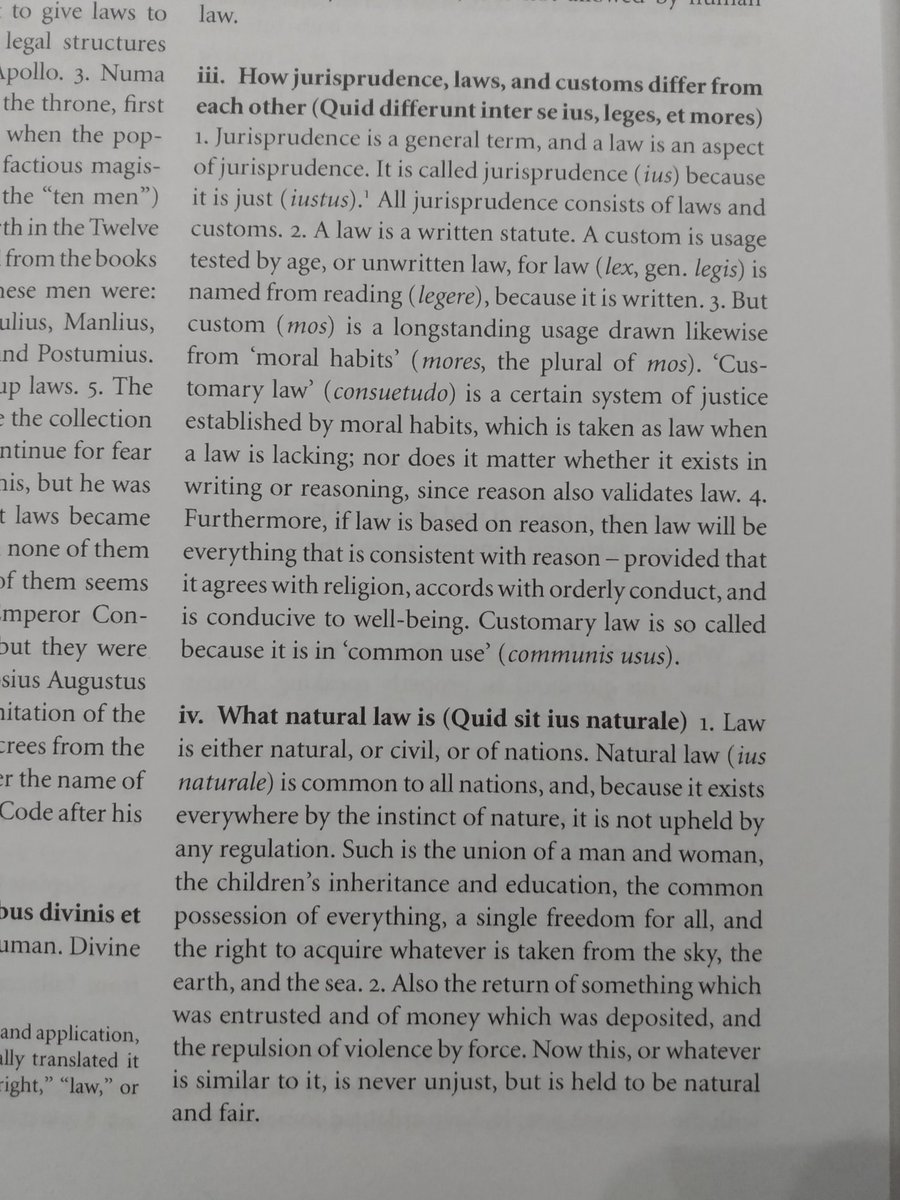
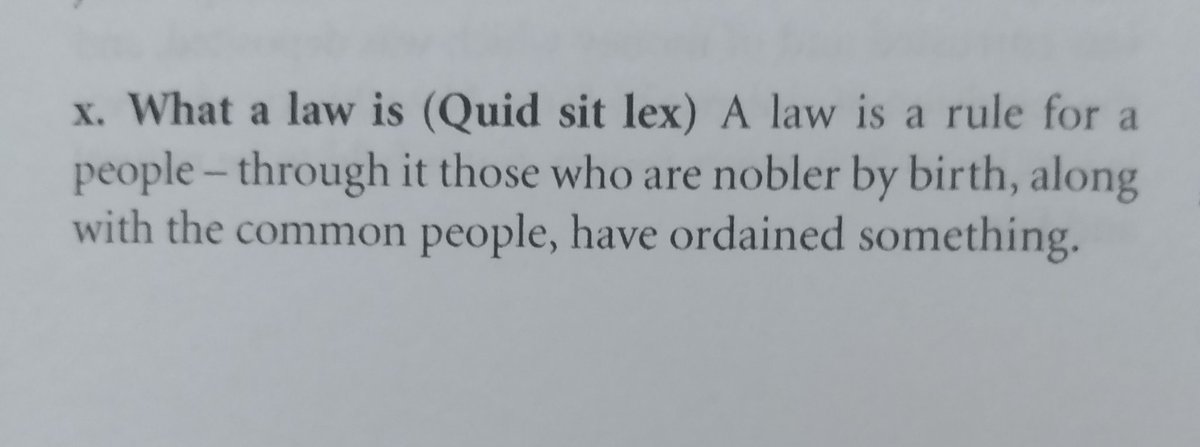




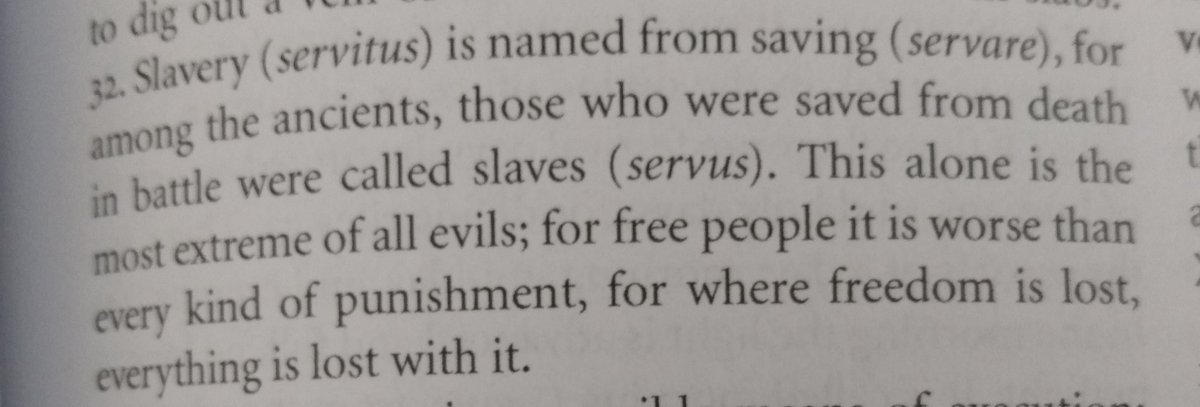

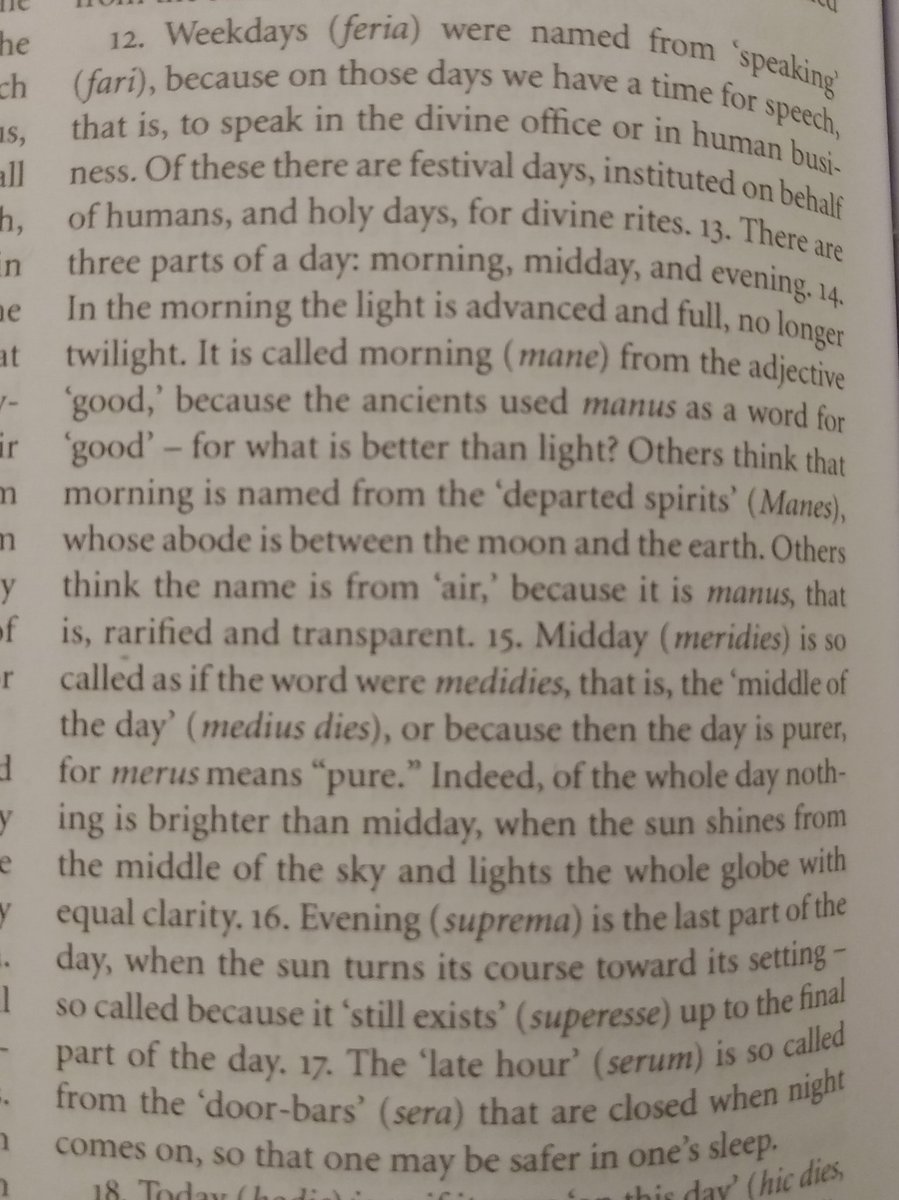

!["codex"~"trunk" doesn't work in English; "volume"~"[re]volve" does. And apparently is endorsed by modern-day etymologists! "codex"~"trunk" doesn't work in English; "volume"~"[re]volve" does. And apparently is endorsed by modern-day etymologists!](https://pbs.twimg.com/media/Eri8rJKW4AYgDN0.jpg)
![Now into the liturgical calendar. Isidore is usually happy to embrace multiple incommensurable etymologies, so it's interesting that he explicitly rejects the "pascha"~"paschein [=suffering]" derivation. Is there a theological point being made here? Now into the liturgical calendar. Isidore is usually happy to embrace multiple incommensurable etymologies, so it's interesting that he explicitly rejects the "pascha"~"paschein [=suffering]" derivation. Is there a theological point being made here?](https://pbs.twimg.com/media/Eri--QEWMAA3IOV.jpg)

